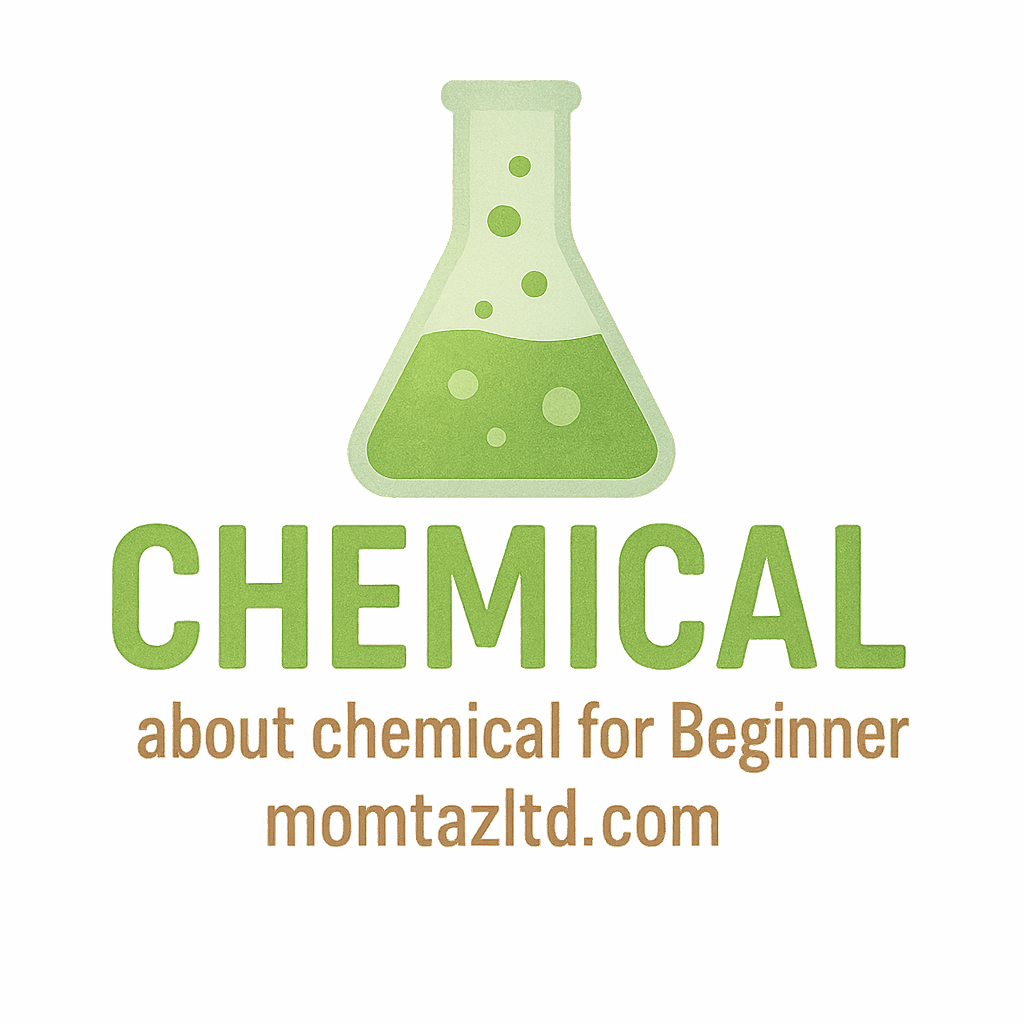Introduction: Why Learning Chemistry at Home Matters
Have you ever wondered how soap cleans, why food browns when you cook it, or what makes soda fizz? All of that magic comes down to chemistry. For beginners, learning chemical concepts at home isn’t just an academic pursuit—it’s a way to connect the dots between the science in textbooks and the reality in your kitchen, garden, and garage.
The good news? You don’t need a professional lab to start exploring. With basic resources, simple household items, and curiosity, you can begin a fascinating journey into chemistry that sharpens your mind and enhances your daily life. Let’s dive into the six big benefits of learning chemical knowledge right from home.
Benefit 1: Boosts Curiosity and Critical Thinking
Building a Problem-Solving Mindset
Chemistry is the ultimate “why” subject. Why does rust form? Why do certain reactions release heat? Asking these questions builds a problem-solving mindset. When you practice analyzing chemical reactions, you train your brain to think critically, whether you’re solving a home issue or working on a school project.
Encouraging Curiosity Through Experiments
Simple experiments, like mixing baking soda with vinegar, spark excitement. This curiosity leads to deeper learning. Beginners quickly discover that every chemical reaction is like a mini mystery waiting to be solved. For more guidance, explore beginner chemistry resources that provide simple yet eye-opening experiments.
Benefit 2: Enhances Daily Life Understanding
Chemistry in Household Products
Look around your home—cleaning sprays, soaps, detergents, and even your food all involve chemistry. By learning basic chemical principles, you can understand labels better, make safer choices, and appreciate the science behind daily routines. See household chemicals for more insights into what’s hiding in your pantry and cleaning cabinet.
Safe Use of Cleaning Agents
Knowing how bleach reacts with other substances helps you avoid dangerous mixtures. This isn’t just knowledge—it’s safety. Resources like chemical safety tips are crucial for keeping your home secure.
Cooking and Food Chemistry
From caramelizing sugar to fermenting bread, chemistry transforms your meals. Cooking is basically a delicious chemistry lab. Exploring chemical reactions in food gives beginners a fun way to learn while enjoying everyday meals.
Benefit 3: Promotes Safety Awareness
Recognizing Potential Chemical Hazards
Chemicals are everywhere, but not all of them are safe. By learning the basics, beginners can identify potential hazards and prevent accidents. Topics such as chemical storage teach why certain substances should never be placed together.
Applying Chemical Safety at Home
Simple safety measures—wearing gloves, using goggles, and labeling jars—can make at-home chemistry both safe and enjoyable. If you’re curious about real-world cases, check out reports on chemical accidents and learn what to avoid.

Benefit 4: Provides a Strong Foundation for Future Careers
Exploring Chemical Careers
Learning chemistry at home can spark an interest that leads to exciting professions. Careers in chemical science include research, teaching, pharmaceuticals, and industrial innovation. Starting small at home builds confidence for bigger paths ahead.
Beginner Learning for Industrial and Laboratory Chemistry
If you’re drawn toward professional chemistry, experimenting at home is the first step. Understanding the basics prepares you for advanced studies in industrial chemicals or laboratory chemicals. Even beginners can benefit from exposure to chemical basics through accessible resources.
Benefit 5: Affordable and Accessible Learning
DIY Experiments with Household Chemicals
You don’t need expensive tools. With vinegar, salt, baking soda, and a few containers, you already have a mini-lab. Guides on household chemicals can help you get started safely and effectively.
Learning with Online Resources and Guides
The internet is a treasure trove for beginners. Sites like Momtaz Ltd provide everything from tutorials to practical lab experiments. Affordable access makes home learning possible for anyone with curiosity and an internet connection.
Benefit 6: Encourages Creativity and Innovation
Turning Experiments into Inspiration
Chemistry isn’t just facts—it’s a creative outlet. Mixing, testing, and recording results is like being both an artist and scientist. Beginners often find inspiration for projects that go beyond academics, like eco-friendly cleaners or fun science displays. Check out inspiration resources for ideas.
Practicing Chemistry Like a Scientist
When you start designing your own experiments, you’re not just learning—you’re innovating. Resources like practice chemistry help turn beginners into budding scientists who can explore confidently.
Tips for Beginners Learning Chemistry at Home
Start with Basics and Simple Reactions
Don’t rush into complex experiments. Begin with simple acid-base reactions, observe carefully, and gradually build your knowledge.
Keep a Chemistry Journal
Write down what you try, what works, and what surprises you. A journal helps track progress and builds confidence.
Join Online Communities for Support
You’re not alone! Online groups filled with chemical scientists and learners can guide you, answer questions, and share safe experiment ideas.
Essential Safety Tips for Home Chemistry
Proper Chemical Storage and Handling
Label containers clearly, avoid mixing unknown substances, and store chemicals safely. See chemical storage for detailed tips.
Understanding Chemical Reactions Before Testing
Research before experimenting. Don’t just mix substances blindly. Explore learn from experts to avoid unsafe combinations.
Recommended Beginner Resources
Websites, Books, and Tutorials
Resources like Momtaz Ltd and its guides on learn chemistry are excellent starting points. Books for beginners, video tutorials, and free PDF guides are also valuable tools.
Learning from Experts Online
Follow chemical terms to get familiar with the vocabulary, and explore expert tips for structured home learning.
Conclusion: Embrace the Journey of Home Chemistry
Learning chemical basics at home is more than just a hobby—it’s a gateway to curiosity, safety, and potential career growth. From understanding your cleaning agents to exploring inspiring experiments, chemistry is woven into everyday life. By taking small steps, practicing safety, and using resources like Momtaz Ltd, beginners can gain knowledge that enriches both personal life and future ambitions.
FAQs
Can I learn chemistry at home without a lab?
Yes! Many basic experiments use everyday household items, making it easy to learn at home.
What household chemicals can I use safely for experiments?
Items like baking soda, vinegar, salt, and lemon juice are beginner-friendly and safe with supervision.
How do I protect myself from chemical accidents?
Use goggles, gloves, and follow chemical safety guidelines. Always research before mixing substances.
Is learning chemistry useful outside of a career in science?
Absolutely. Chemistry helps in cooking, cleaning, gardening, and making safer choices in daily life.
How long does it take to understand basic chemistry?
With consistent practice, most beginners grasp fundamentals in a few weeks to a couple of months.
Can kids learn chemistry at home too?
Yes, with proper supervision and kid-friendly experiments, children can explore chemistry safely.
What’s the best first experiment for a beginner?
Mixing baking soda and vinegar is a classic, safe, and fun starting point for exploring chemical reactions.


